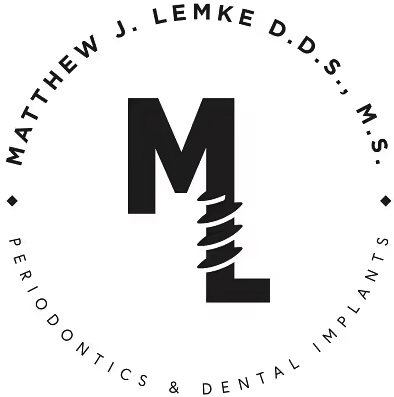TMJ Treatment in Wooster and Medina OH
Temporomandibular Joint Disorder (TMJ) occurs as a result of problems with the jaw, jaw joint, and surrounding facial muscles that control the movement of the jaw. The temporomandibular joint is the hinge joint that connects the lower jaw to the bone of the skull. This joint is located immediately in front of the ear on each side of the head. The muscles attached to the jaw allow the jaw an incredible amount of movement: side-to-side and up and down. This flexibility allows us to chew, talk, and yawn.
What is TMJ?
Those who suffer from TMJ experience severe pain and discomfort. This pain can last for as many as several years or a few months. More women experience TMJ pain than men and the disorder is seen in people between 20-40 years of age.
Some symptoms include:

- Pain or tenderness in the face, jaw joint area, neck and shoulders, and in or around the ear when you chew, speak, or yawn
- Limited ability to open the mouth wide
- Jaws that get “stuck” or “lock” in the open-or closed-mouth position
- Clicking, popping, or grating sounds in the joint when the mouth is opened or closed
- Tired feeling in the face or neck
- Difficulty chewing
- Sudden uncomfortable feeling when biting
- Swelling on the side of the face
- Toothaches
- Headaches or neck aches
- Dizziness
- Earaches
- Hearing problems
- Upper shoulder pain
- Ringing in the ears
What Causes TMJ?
The main cause of TMJ is still unknown but scientists believe the symptoms are a result of problems in the muscles of the jaw or with parts of the joint.
Known factors that contribute to TMJ include:
- Trauma
- Bruxism – Grinding of the teeth
- Clenching
- Osteoarthritis
- Rheumatoid Arthritis
Treatment Options for TMJ
Most often, TMJ symptoms will go away on their own because your jaw joint will rest and recover while you are unable to chew. At home treatments for TMJ include taking an anti-inflammatory pain medication (such as aspirin or Tylenol), eating soft foods, and applying warm compresses to the area of pain.
If, however, the symptoms of TMJ do not go away on their own medical treatment may be required. You may be fitted with a splint, or bite plate, that fits over your upper and lower teeth like a mouth sports guard. The splint is designed to reduce clenching or grinding at night, thus easing muscle tension.
A very small percentage of patients may require jaw joint surgery.
Schedule a consultation with Dr. Mehandru and Dr. Lemke to discuss your TMJ treatment options!
Learn More About The Revolutionary No Cut, No Sew Laser Gum Surgery!
